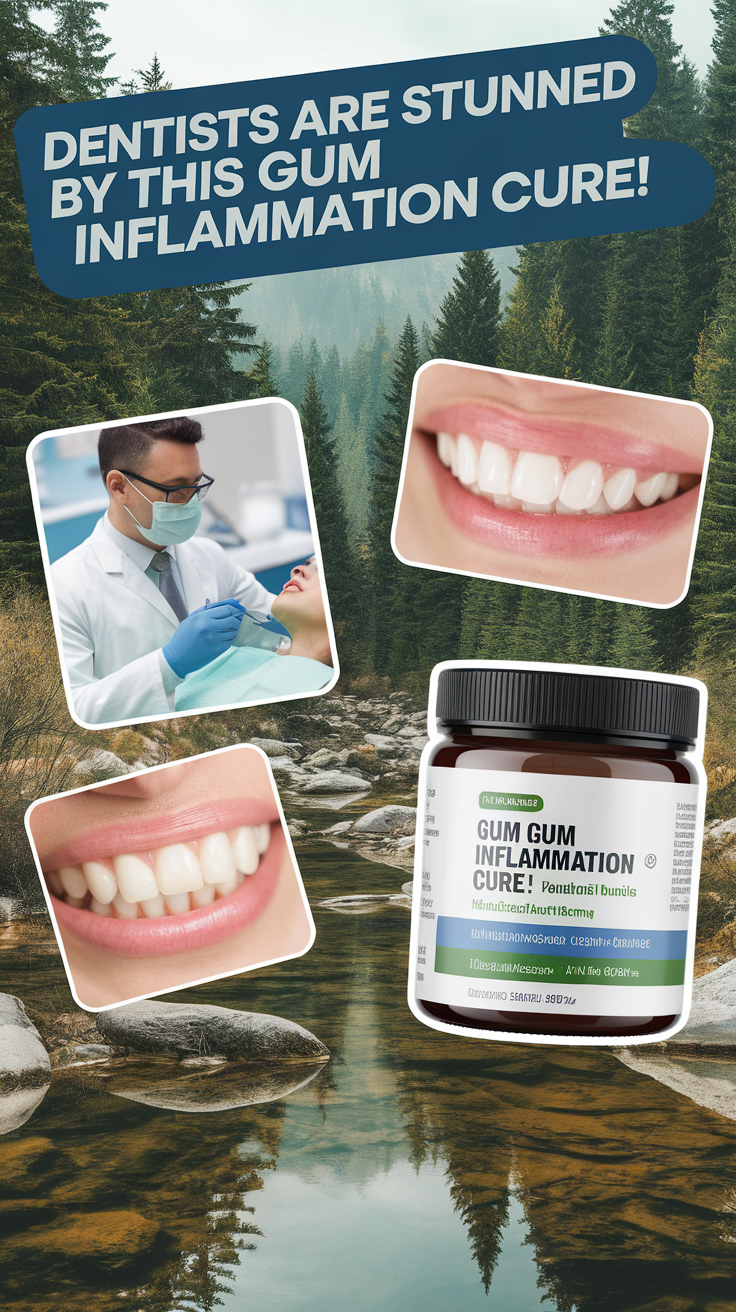Maintaining Long-Term Gum Health: Tips and Best Practices
To maintain long-term gum health, adopting a consistent oral care routine is crucial. You should brush your teeth at least twice a day and floss daily to remove plaque that can lead to gum disease. Regular dental check-ups are essential, too, as they help catch issues early.
Here’s a quick reference guide to help you stay on track:
| Tip | Frequency | Benefit |
|---|---|---|
| Brush your teeth | Twice daily | Removes plaque and food particles |
| Floss | Daily | Prevents gum inflammation |
| Dental check-ups | Every 6 months | Early detection of problems |
Frequently Asked Questions
Can Gum Inflammation Affect Overall Health?
Yes, gum inflammation can definitely affect your overall health. If you ignore it, you might face serious issues, including heart disease and diabetes. Taking care of your gums helps keep your entire body healthy and thriving.
How Long Does It Take for Remedies to Work?
When you start using remedies, you might notice improvements within a few days to weeks. Staying consistent with treatment and following your healthcare provider’s advice will help you achieve the best results for your gum health.
Are There Specific Foods to Avoid During Treatment?
During treatment, you should avoid sugary snacks, acidic foods, and processed items that can irritate your gums. Instead, focus on whole foods like fruits and vegetables to support your healing and overall dental health.
Can Stress Contribute to Gum Inflammation?
Absolutely, stress can worsen gum inflammation. When you’re stressed, your body’s immune response weakens, making it harder for your gums to stay healthy. Managing stress through relaxation techniques can help improve your oral health.
Is Gum Inflammation Reversible With Proper Care?
Yes, gum inflammation can be reversible with proper care. You can improve your gum health by practicing good oral hygiene, managing stress, and visiting your dentist regularly. Taking these steps helps you feel more confident and connected.






